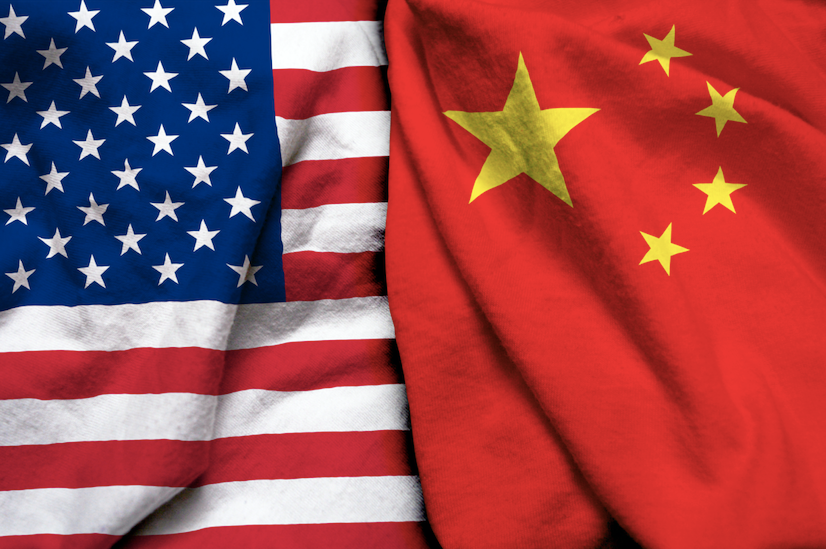
European companies are finding themselves caught in the China-US spat over the export of key chipmaking materials.
China’s recent measure to curb and license the export of gallium and germanium was a retaliatory move against the US. Earlier in June, the US halted shipment of semiconductor chipmaking equipment to China.
Companies in Europe are now reworking supply chains and scrambling for alternate ways to procure raw materials as they find themselves caught in the economic rivalry between the US and China.
“Geopolitics obviously has an influence on the way companies operate,” Florent Menegaux, chief executive of French tyremaker Michelin told Reuters.
Gallium and germanium are used in the manufacture of defence technologies and other high-tech industries. China’s retaliatory measures have raised fears of further restrictions on rare earth metals, prompting a global call for “de-risking”; in other words, finding a diverse range of suppliers besides China for sourcing key components used in green technologies.
European leaders have also expressed growing frustration over US President Joe Biden’s Inflation Reduction Act (IRA), fearing European companies will shift their investments to the US.
“With the IRA, there’s some stability about what companies should expect” in the US, Veronika Grimm, one of the German Government’s chief economic experts, told Reuters.
How is the US responding to an imminent shortage?
While the Pentagon holds a strategic stockpile of germanium, it has no inventory of gallium, a spokesperson told the reporters.
“The [Defense] Department is proactively taking steps using Defense Production Act Title III authorities to increase domestic mining and processing of critical materials for the microelectronics and space supply chain, including gallium and germanium,” said the spokesperson.
Companies believe that China’s export curb will either slow the production of associated products or cause prices to rise significantly. However, Dak Hardwick, vice-president of international affairs at the Aerospace Industries Association, told Reuters that the short-term impact of the move may be negligible since defence companies buy materials far in advance.
He added that the curbs will incentivise US lawmakers to invest in critical minerals and eventually find alternative sources “whether it’s direct mining, direct manufacture, direct refining or production, or a recycling program from obsolete equipment”.
Responses across the world
Japan’s restrictions on the export of chipmaking tools to China, announced in May this year, commence in July. To align itself with the US and the Netherlands, Japan restricted the export of 23 types of crucial chipmaking equipment. China fears Japan’s restrictions are “too broad” and risk hitting the country’s production of lower-grade silicon, used in all products from cars to washing machines.
Netherlands-based metals and minerals company Nyrstar told Reuters it was looking for germanium and gallium projects in Australia and the US to ease the shortage caused by China’s export measures.
Meanwhile, addressing a group of foreign journalists, Taiwan’s Deputy Foreign Minister, Roy Lee, said: “Export controls accelerate, or are an accelerator, for countries including Taiwan, South Korea and Japan to reduce our dependence on China’s supply of those critical materials.”
Dubbing the curbs a ‘Chinese storm,’ Renault chairman Jean-Dominique Senard told Reuters: “We are capable of making electric vehicles (EVs], but we are fighting to ensure the safety of our supplies.” He also added that China’s EV industry and supply chain for raw materials is a result of years of investment that would cost billions of euros to replicate.



